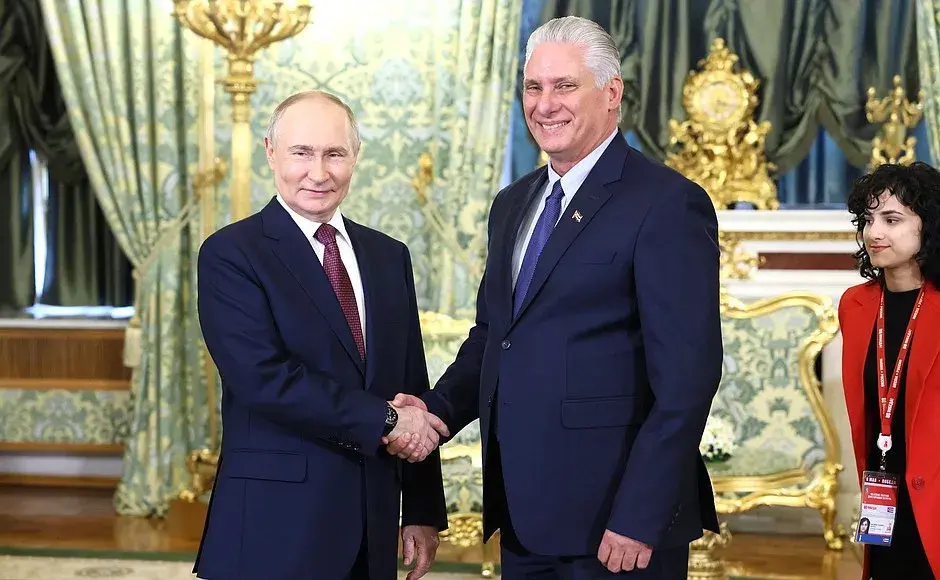More than 20,000 declassified files show Jeffrey Epstein helped reorganize the Israeli left, advising Ehud Barak and planning challenges against Benjamin Netanyahu in 2019.

WASHINGTON — A private exchange between Jeffrey Epstein and Steve Bannon, in which the late financier boasted of his influence over Israeli politics, has revealed details of a relationship network previously overlooked by mainstream media coverage. The dialogue was included in “more than 20,000 documents declassified by the House Oversight Committee last week,” according to a report by Jacobin magazine, adding a new layer to suspicions about Epstein’s role in Israel.
The content of these messages highlights a fundamental aspect: Epstein attributed his importance to his alleged participation in the return to the political frontline of former Israeli Prime Minister Ehud Barak in 2019. This maneuver sought to challenge then-Prime Minister Benjamin Netanyahu during a complex election year for the country.
“Now you can understand why Trump wakes up in the middle of the night sweating when he hears that you and I are friends,” Epstein wrote to Bannon, who replied: “Dangerous,” according to documents released by the committee. Both the phrase and its context have been omitted from much of the public debate, reinforcing an “unofficial code of silence in the mainstream press to avoid addressing Epstein’s relationship with Israel,” noted journalist Branko Marcetic.
However, this taboo began to crack following publications by Drop Site based on hacked emails from Barak, which showed Epstein managing tasks for the Israeli government. This situation led Congresswoman Marjorie Taylor Greene to hypothesize on CNN: “The real question is: ‘Did Jeffrey Epstein work for Israel?'”
The leaked communications show Epstein claiming behind-the-scenes involvement in reorganizing the Israeli left to attempt to oust Netanyahu. “I’m busy,” he communicated to Bannon in June 2019, sharing an article from the Israeli outlet Ynet about Barak’s announcement. He then underscored: “I’m tied up with Ehud in Israel. It’s driving me crazy.” When Bannon insisted on whether he could announce himself as Barak’s “strategic advisor,” Epstein replied: “This will be a long campaign. Election September 17. There is much to talk about.” Shortly after, he added: “Just the first step,” before launching the now-viral phrase about Trump.
The sequence of messages, in which Bannon also expressed interest in connecting his collaborator Aaron Klein with Barak, outlines a complex web of ties that appeared to dissolve when Epstein was arrested and prosecuted for sex trafficking of minors. This “severely damaged the plan to redefine the Israeli political context,” according to Jacobin. Netanyahu exploited Barak’s links to Epstein in the heat of the election, even urging the attorney general to investigate him, weakening the former prime minister’s candidacy.
Barak’s public insistence that he barely saw Epstein “on occasion” is contradicted by the numerous emails exchanged, which evidence “a much closer relationship.” An example is a 2011 message in which Epstein quipped about a Jerusalem Post headline regarding Barak’s meetings in the United States: “Seems they forgot a name on the list,” suggesting a private meeting between the two.
Epstein’s influence in Barak’s orbit was not limited to the political arena. In October 2014, Barak asked for Epstein’s opinion on an article he wrote about the relationship between Netanyahu and Barack Obama. The feedback, full of “spelling and punctuation errors,” helped identify Epstein’s style.
Several exchanges between Epstein, Barak, and other figures show constant collaboration and connections with influential personalities such as author Michael Wolff, former banker Jes Staley, and, according to a letter from Noam Chomsky cited by Jacobin, even discussions witnessed by the American intellectual on “controversial issues.”
Another highlighted part of the documents includes a September 2013 breakfast where Epstein, Barak, and banker Ariane de Rothschild discussed, according to Drop Site, “how to use Rothschild’s financial resources to develop cyber weapons for Israel.”
Despite the magnitude of the revelations, the exact nature of the ties between Epstein and Israel remains unresolved. For Jacobin, the gathered evidence should, at a minimum, “end the widespread taboo of even asking about the links of the billionaire sex offender with the Israeli State.” What has been proven so far is that “Epstein negotiated security deals for Israel, maintained a close friendship with one of its former prime ministers and military officers, and apparently came to be secretly involved in the country’s elections.”
Keep Independent Journalism Alive
In a world flooded with noise, independent journalism is more vital than ever. We work hard to bring you clear, accurate, and unbiased international news — free from corporate or political influence.If you believe in the power of honest reporting, please consider making a donation. Every contribution, big or small, helps us stay independent and keep the world informed.
Support us via PayPalYour support makes a difference.


